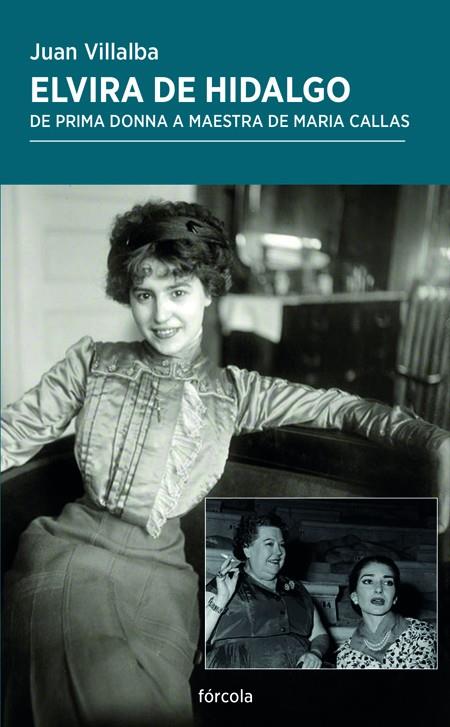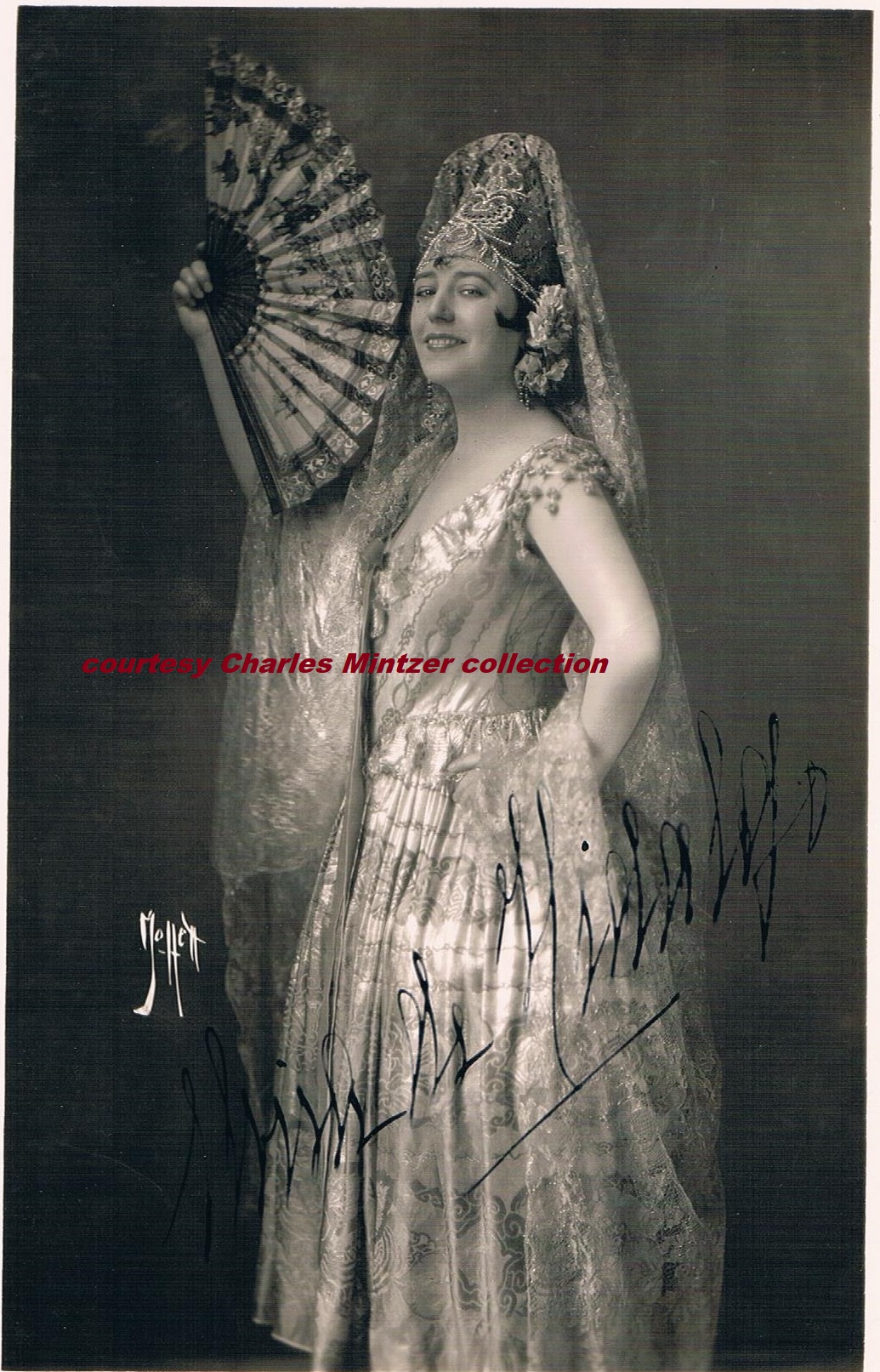

Forcola Ediciones 2021 574 pp, 31 Euro
ISBN 978-84-17425-90-6
ELVIRA DE HIDALGO, de prima donna a maestra de Maria Callas by Juan Villalba (in Spanish)


Forcola Ediciones 2021 574 pp, 31 Euro
ISBN 978-84-17425-90-6
Post-WWII Elvira de Hidalgo (1891-1980) went down in operatic history as the singing teacher of La Callas, later in her life often to her chagrin, but in the end if she’s still remembered today it is just because of that and the Callas connection saved her from total oblivion except for the dedicated and passionate record collectors.
De Hidalgo belonged to that series of Latin coloratura sopranos who made their mark starting at the beginning of last century with Maria Galvany, the Catalan Josefina Huguet, Graziella Pareto, and Maria Barrientos. Compared to those De Hidalgo at her best is no better nor is she any worse. Give her recording from Chapi’s “Las hijas de Zebedeo” a try and be won over (click here). The great and still vastly underrated Lina Pagliughi for instance called De Hidalgo’s Rosina without equal.
Moreover, De Hidalgo’s career was not a minor one, as se appeared in the major opera houses all over the world opposite such luminaries as Caruso, Schipa, Chaliapin, Lauri-Volpi, Gigli, Ruffo and Battistini amongst others.
This is the first and without any doubt already the definitive biography on the singer and Señor Villalba is to be applauded for such a comprehensive work. It took him years to achieve this magnum opus and it surely ranks with the best singer biographies thus far written.
In the first 313 pages De Hidalgo’s career- but also her personal life- is meticulously reconstructed illustrated with 52 rare photographs. In the following 138 pages De Hidalgo’s career as a teacher and her relationship with Callas are discussed and illustrated with 9 photographs and many letters between the two singers. And yes, the story telling power makes it spellbinding. Even more to Juan Villalba's credit is that after a first reading I couldn’t detect any typos or errors except for one photo caption on page 295 where Chaliapin’s wife Maria is wrongly identified as Belgium’s queen Astrid.
Juan Dzazopulos is not only responsible for a detailed and annotated discography (pp. 457-472) but also for a magnificent chronology and a repertory list of the 31 roles she sang. And yes, there is also a name index (more than 1000) and a general index.
I would highly recommend this book for all opera-buffs, Callas fans and, in general, anyone who has a deep appreciation for the art of singing and singers in general.
Click here for an interview with the author about his book
Click here to watch Callas listen to De Hidalgo singing in Greek
Click here to watch De Hidalgo speak about Callas
Click here to listen to De Hidalgo singing La Paloma, a song Callas sang herself as well
Rudi van den Bulck, November 2021